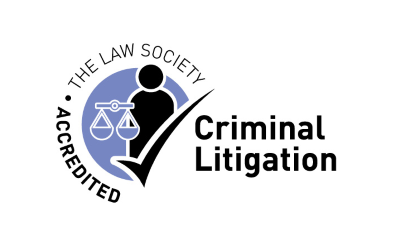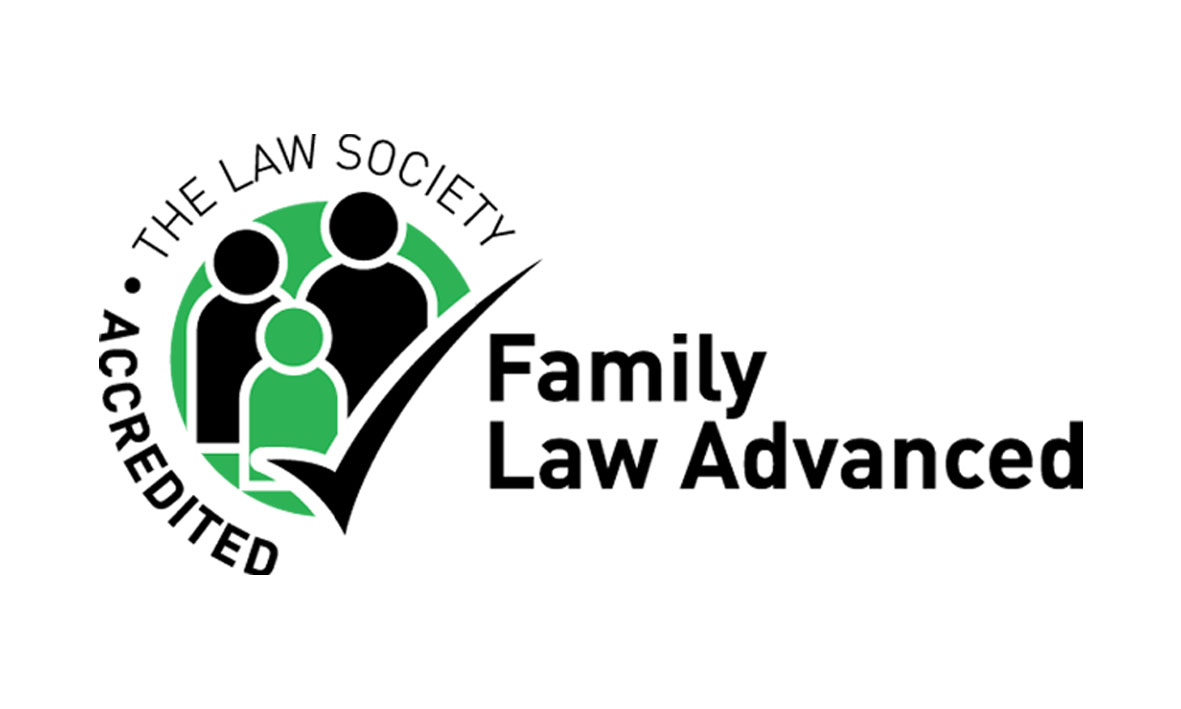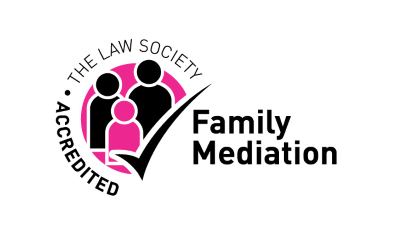We have specialists in many areas of legal practice. Make an enquiry today: 0330 333 2613
Care Order vs Supervision Order: Key Differences Explained

Interim Care Orders
The Local Authority will make an application to Court for an Interim i.e. temporary, Care Order (ICO) when they have reasonable grounds to believe that a child is at risk of or has suffered significant harm as a result of the care being given to them by their parent/s, also known as threshold.
Parents will be given the opportunity to either agree, oppose or not actively oppose the making of the order via their legal representatives at a Court hearing before a family Judge or the Magistrates. The Court hearing will take place either urgently, within 2 days of the Local Authority making their application or within 18 days; this will depend on the IMMEDIATE risk of harm to the child and any safety plan in place.
If an ICO is granted the Local Authority will then share parental responsibility for the child along with the parents. This means that they can make decisions about the child's care, including where the child lives even if it conflicts with the parent’s wishes. Whilst an ICO is in a place a child could reside in foster care, with a relative/friend or at home with parents.
An ICO is only temporary until a final decision is made on where a child should live long term at which point a Full Care Order could be made, a Supervision Order, other private law order like a special guardianship order or a child arrangements order, or no order.
Interim Supervision Orders
If the Local Authority feel that the risk to the child is not so significant that it requires them to share parental responsibility, they may make an application for an Interim Supervision Order (ISO). Again, parents will be given the opportunity to either agree, oppose or not actively oppose the making of the order via their legal representatives at a Court hearing before a family Judge or the Magistrates. However, unlike an ICO application, an ISO application is likely to be listed within 18 days and not urgently.
An ISO places a duty on a Local Authority to "advise, assist, and befriend" the child and their family by offering support and guidance to address the risks identified without necessarily removing the child from their home. Another key difference between an ICO and ISO is that it does not give the Local Authority parental responsibility.
An ISO is only temporary until a final Supervision Order is made which typically lasts for a period of 12 months, but this can be extended for up to 3 years in total.
Key difference summary
Key Feature | ICO | ISO |
Parental responsibility | Local authority are granted PR which is shared with parents | Local authority are not granted PR |
Where child lives | Can be placed in foster care (usually), with relatives/friends or remain at home | Usually remains at home with parents or other family members |
Duration | Temporary until final care order, other order or no order is made. A final Care Order will last until the child reaches 18. | Temporary until a final supervision order is made. Usually a final order is made for a period of 12 months but can be extended by further order of the court, for up to 3 years in total. |
Purpose | Immediate protection | Support and guidance |
What Next
If you’ve been told about an Interim Care Order or Interim Supervision Order, it’s vital to act quickly. Our Children Law specialists across our 4 offices in Chesterfield, Derby, Mansfield and Nottingham are here to help you understand your rights and represent you in court. Make an enquiry today.

Lucy Graves
ParalegalLucy is a Paralegal who joined our Child Care department in May 2023.
She graduated with her LLB (Hons) in Law from Sheffield Hallam University.
Although Lucy is predominantly based at our Chesterfield office, she has the ability to assist clients right across Derbyshire. She advises clients on a range of Child Care issues, including: social care involvement and Public Law Outline meetings under the legal help scheme.
Lucy appreciates that Child Care matters are sensitive in their nature, and it because of this she adopts a friendly yet professional approach to her work.

Elliot Mather LLP maintains professional indemnity insurance in accordance with the rules of the Solicitors Regulation Authority. Details of the insurers and the territorial coverage of the policy are available for inspection at our offices.
Registered Office: St. Mary's Court, St. Mary's Gate, Chesterfield, Derbyshire, England, S41 7TD
VAT Number: 126 3019 03
Regulatory Notice: Elliot Mather LLP is a limited liability partnership. Partnership number OC321320.
Authorised and regulated by The Solicitors' Regulation Authority. To view code of conduct visit www.sra.org.uk/code-of-conduct.page










